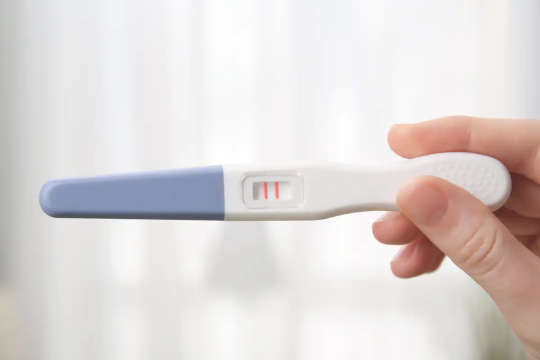
Birth rates are decreasing worldwide. In all European countries they’re even dropping below population replacement levels, which refers to the number of children needed per woman to keep a population stable.

The World Health Organisation (WHO) recently reported that around one in six couples globally are affected by infertility. For many years people tended to blame women for a couple’s infertility – especially in African countries.

For most of us, staying in a hotel room is either something of a necessity – think business travel – or something to look forward to as part of a holiday or wider excursion.

"For more than a century, TCE has threatened workers, polluted the air we breathe—outside and inside—and contaminated the water we drink. Global use is waxing, not waning," researchers say in a new report.

Skin does repair itself, but how long does that take? If you hit the beach for half an hour, then retreat to the shade for a while, then go back out, will the damage have gone back to baseline? Or are you accumulating it?

Academic researchers and agencies such as the California Air Resources Board have reported that gas stoves can release hazardous air pollutants while they’re operating, and even when they’re turned off.

Wheat provides 19% of the calories and 21% of the protein consumed by humans globally. But a fungal disease called fusarium head blight (FHB), which can infect wheat crops and contaminate the grain with toxins, is on the rise.
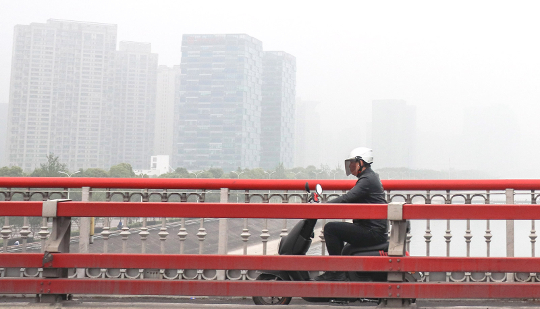
To arrive at this conclusion, the researchers combined health and mortality data for seven million Canadians gathered over a 25-year period with information about the levels of outdoor PM2.5 concentrations across the country.

Discarded Styrofoam provides a cozy home not only for microbes and chemical contaminants but also for the free-floating genetic materials that deliver the gift of resistance to bacteria.

Researchers have recently found that several long-lasting human-made contaminants have been building up in Arctic lakes, polar bears and ringed seals and other wildlife.
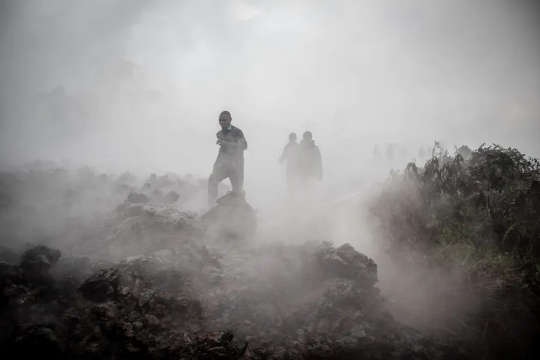
What are the main health concerns for communities? Volcanic eruptions can cause catastrophic destruction. They are responsible for human casualties, infrastructural devastation and can pollute the environment for thousands of kilometers around the eruption sites.

Birth rates are decreasing worldwide. In all European countries they’re even dropping below population replacement levels, which refers to the number of children needed per woman to keep a population stable.

Fracking is associated with increased acute myocardial infarction hospitalization rates among middle-aged men, older men, and older women, as well as with increased heart attack-related mortality among middle-aged men

Coronavirus vaccines have been developed and deployed in record time, but as global rollout has progressed, too few doses have been made available in low-income countries. It’s a stark reminder that when it comes to infectious diseases, the world’s poorest often get left behind.
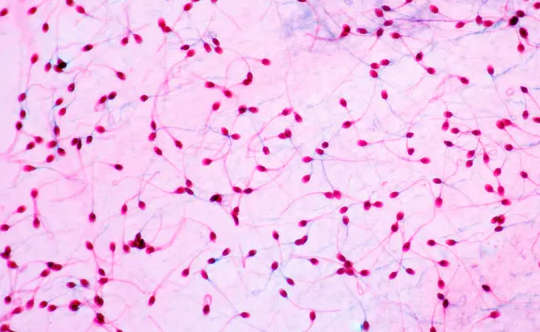 Within just a few generations, human sperm counts may decline to levels below those considered adequate for fertility. That’s the alarming claim made in epidemiologist Shanna Swan’s new book, “Countdown”
Within just a few generations, human sperm counts may decline to levels below those considered adequate for fertility. That’s the alarming claim made in epidemiologist Shanna Swan’s new book, “Countdown”
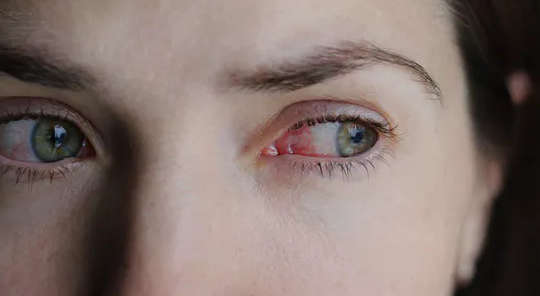 As bushfires continue to burn around Australia, smoke has continued to blanket major cities and regional areas.
As bushfires continue to burn around Australia, smoke has continued to blanket major cities and regional areas.
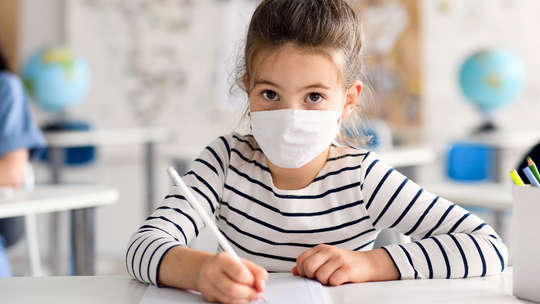 New research finds that, when schools practice mandatory masking, social distancing, and frequent hand-washing, COVID-19 transmission is rare
New research finds that, when schools practice mandatory masking, social distancing, and frequent hand-washing, COVID-19 transmission is rare
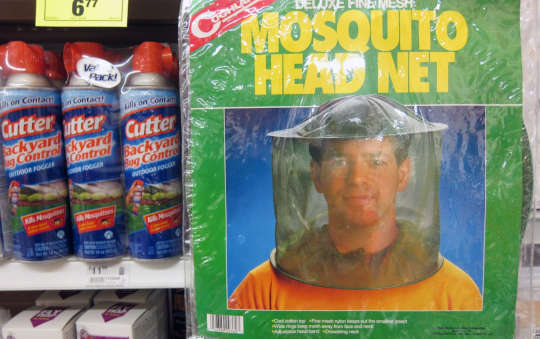 Now that the disease-transmitting mosquito Aedes scapularis has invaded the Florida peninsula, researchers have come up with a method to predict where conditions may be most suitable for its spread.
Now that the disease-transmitting mosquito Aedes scapularis has invaded the Florida peninsula, researchers have come up with a method to predict where conditions may be most suitable for its spread.
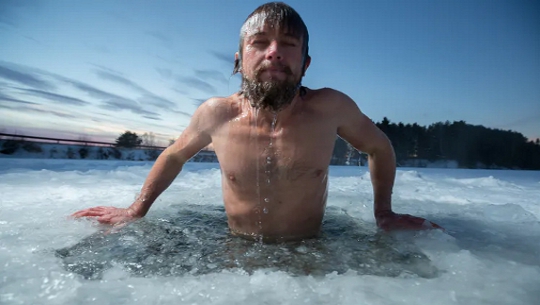
Some people just aren’t bothered by the cold, no matter how low the temperature dips. And the reason for this may be in a person’s genes.

You may not realize it, but you likely encounter phthalates every day. These chemicals are found in many plastics, including food packaging, and they can migrate into food products during processing.
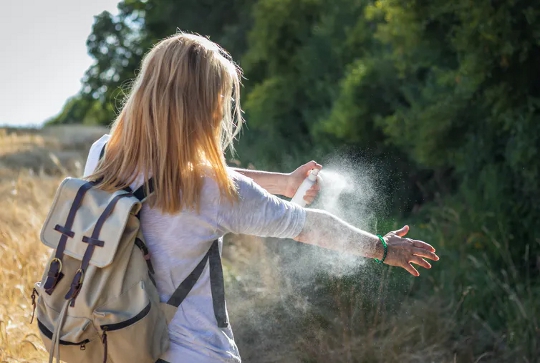
Mosquitoes are an inevitable part of the summer. And this year, with COVID a consideration, we might be spending more time outdoors than usual.
Page 1 of 8

